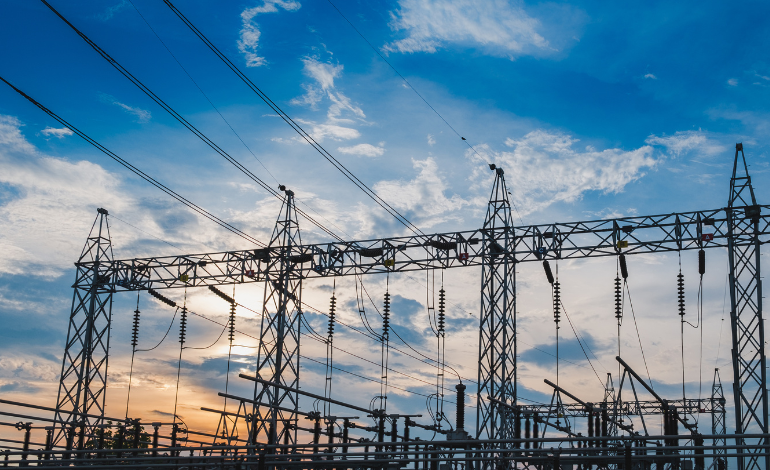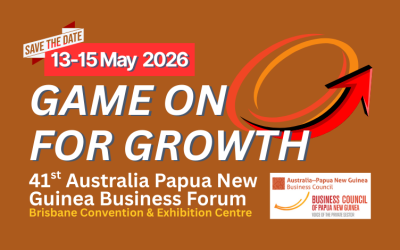The Australian Infrastructure Financing Facility for the Pacific has pledged a grant and concessional loan package totaling USD150 million to Papua New Guinea for the purpose of enhancing and repairing crucial energy infrastructure. This commitment was affirmed during Prime Minister Marape’s visit to Canberra on February 8, 2024.
The funding will be allocated towards various projects including the refurbishment of the Ramu 1 hydropower plant, the construction of the Gerehu transmission substation, and the installation of smart meters in both commercial establishments and residential areas throughout Papua New Guinea.
Additionally, Australia, through its Pacific Climate Infrastructure Financing Partnership, is also participating in a new initiative focused on solar entrepreneurship. This partnership aims to provide renewable energy solutions to approximately 4,000 households in the Milne Bay and West New Britain Provinces.
These upgrades and investments are anticipated to enhance access to reliable and sustainable electricity for communities residing in urban centres, towns, and remote villages. This improved access is expected to foster economic growth and provide better opportunities for accessing essential services such as healthcare and education.
Fifth Annual Leaders Dialogue
During Prime Minister James Marape’s visit to Canberra, Australian Prime Minister Anthony Albanese and Mr Marape convened the fifth Papua New Guinea-Australia Annual Leaders’ Dialogue on February 8 in Canberra.
Discussions centred on bilateral security cooperation, highlighted by the signing of the Bilateral Security Agreement in December 2023. Both leaders welcomed Australia’s AUD100 million law and justice investment over 2024-2027 and prioritized planning for a Police Recruit and Investigations Training Facility in Bomana, among other initiatives.
The leaders reiterated their commitment to regional peace, prosperity, and resilience, underscoring contributions to collective Pacific security responses and humanitarian efforts. They also discussed enhanced cyber security cooperation and Papua New Guinea’s fiscal sustainability plans.
Acknowledging the importance of people-to-people ties, both leaders unveiled plans for streamlined visa processes and expanded labour mobility arrangements. They pledged to boost economic growth, critical infrastructure development, and support for agriculture, emphasising inclusive growth and sustainability.
Climate change, health and education highlighted
Efforts to address climate change were a focal point, with Australia pledging support under the PNG Climate FIRST initiative to access climate finance. Both leaders emphasized the importance of Papua New Guinea’s rainforests as a global carbon sink.
Health and education partnerships were highlighted, including initiatives like the Partnerships for Improving Education Program and support for health services targeting tuberculosis, malaria, and maternal and child health.
Recognising their shared love for sports, especially rugby league, the leaders looked forward to boosting high-performance rugby league capability through renewed partnerships and participation in sports series.
Both leaders reaffirmed their commitment to strengthening regional unity through Pacific-led and owned regional architecture, guided by the Pacific Islands Forum’s 2050 Strategy for the Blue Pacific Continent.
In anticipation of Papua New Guinea’s 50th Independence anniversary in 2025, both nations pledged to commemorate the occasion by establishing a memorial to honour the role of Australian Kiaps in Papua New Guinea’s nation-building.



